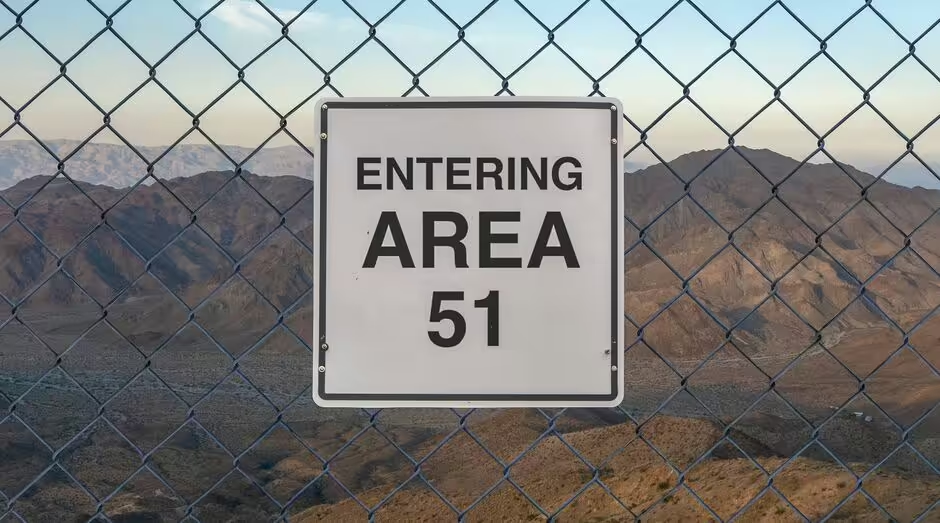The entire gaming industry has developed in a flash and that includes games like poker.
In its digital form, poker has come a long way since the early 2000s. The game of chance and skill was once an activity for smoky backrooms and casinos. In recent years, it’s turned into a data-driven industry where players leverage vast hand histories to gain edges.
Access to this data has given serious players newfound power at the virtual felt, but not everyone is happy about it. Some poker sites have taken an aggressive stance against data mining and collection, arguing it creates an uneven playing field and is bad for business.
We’re about to explain why data is such a double-edged sword for poker players. One side promotes learning and fairness. The other, promotes exploiting the data and turning it against the players.
Why Are Poker Players Obsessed with Collecting Data
For a serious poker player who wants to profit, not just enjoy the game, data is valuable.
When we know more about patterns player tend to follow and actins they take, it’s going to be harder for them to beat us.
And so, poker players mine data from their chosen online platform. This info includes what players do on the flop, turn, and river, how often, and for even their bet sizes. A players losses and winnings are tracked too. With an opponent’s actions noted, a focused player can form attacks and defenses.

“Know thy enemy and know yourself; in a hundred battles, you will never be defeated.”
Sun Tzu might have been a great player, but Chinese generals in 500 BCE had other things to do.
Actionable Poker Data is Worth Millions of Dollars
One of the most infamous examples of using data for an advantage in online poker is the story of Brian Hastings defeating the Isildur1 for $4.2 million in a single poker session. It happened on Full Tilt Poker in 2009, while Isildur1 was on a meteoric multi-million dollar rise. Hastings put a temporary stop to that.
It later came out that Brian and his associates had obtained and analyzed a massive database of Isildur1’s hands, allowing them to exploit weaknesses in his hyper-aggressive style.
This incident showed many players the power of data in poker.
Data Mining is a Tool Used for Good and Bad
When used ethically, poker data mining has many positive applications:
- Catching cheaters: By analyzing statistical anomalies, the poker community has repeatedly caught cheaters and colluders, helping keep the game fair. In many cases, they expose cheating before security teams do.
- Plugging leaks: Players can import their hand histories into analysis programs to find costly mistakes in their game and improve as players.
- Real-time assistance: HUDs provide useful stats on opponents during play, like how often they 3-bet preflop or fold to a flop bet. Some poker rooms give this tool to every player, in another effort to keep the game fair for all.
However, data can also be used for nefarious purposes like building poker bots – automated programs that play against humans, using game theory optimal (GTO) strategies. The players on sites are usually quick to speak up and then poker news websites warn the public. This JackPoker review is a great example. Suspicions of bots and flawed security is a quick way to tank a poker business’s reputation.
While not unbeatable, bots are a scourge that can win at lower stakes and harm the poker ecosystem if unchecked. That being said, data mining has proven to effectively catch these bots in the act. If poker rooms want to keep their reputations clean, they’ll have to harness it.
Some Poker Sites Feel Data Mining is Bad for Business
In response to data mining, some major poker sites like partypoker and the GGPoker Network have banned hand tracking software.
They argue this levels the playing field for recreational players who are vital to a healthy poker ecosystem. Other sites like PokerStars still allow HUDs, which feed players info at the tables, and hand histories. Others have implemented anonymized hand histories and other measures to limit data mining.
Even though operators want to restrict it, data mining isn’t exclusively a bad thing.






